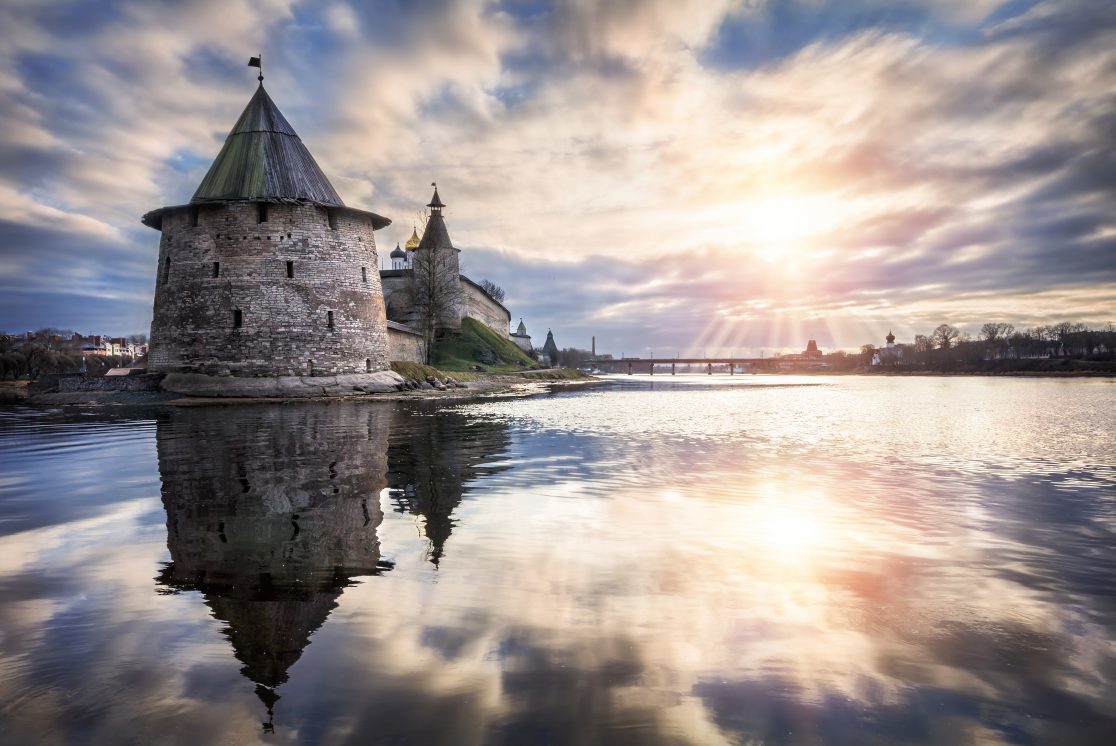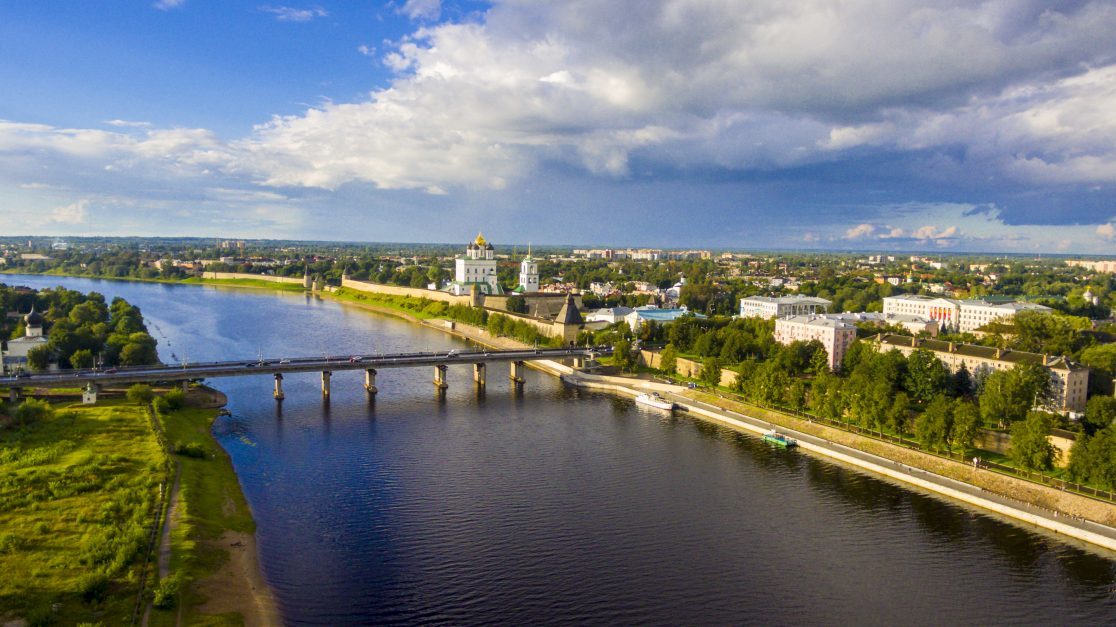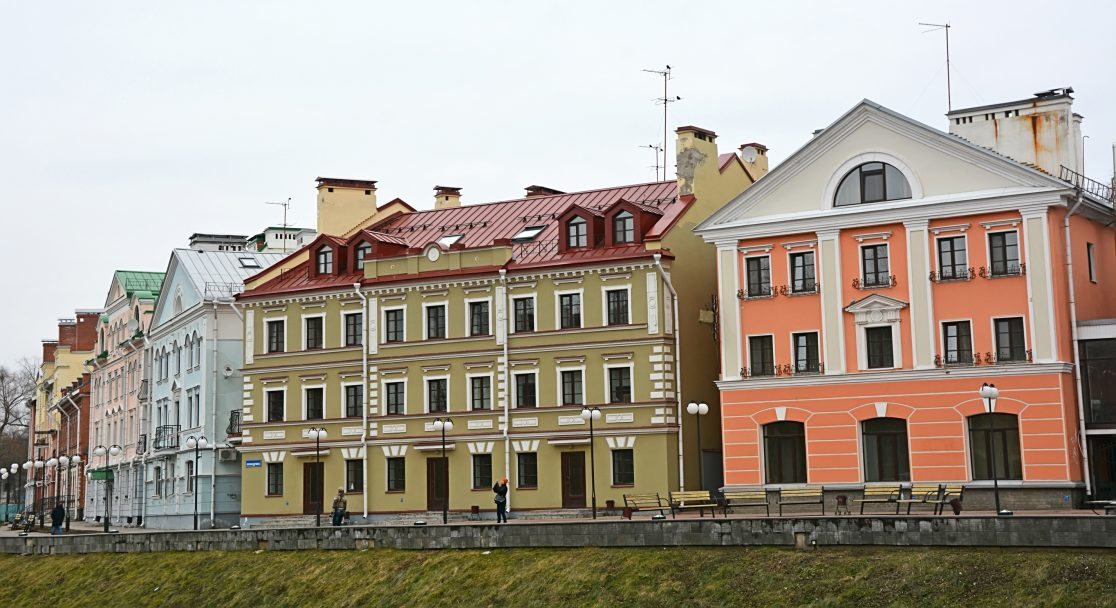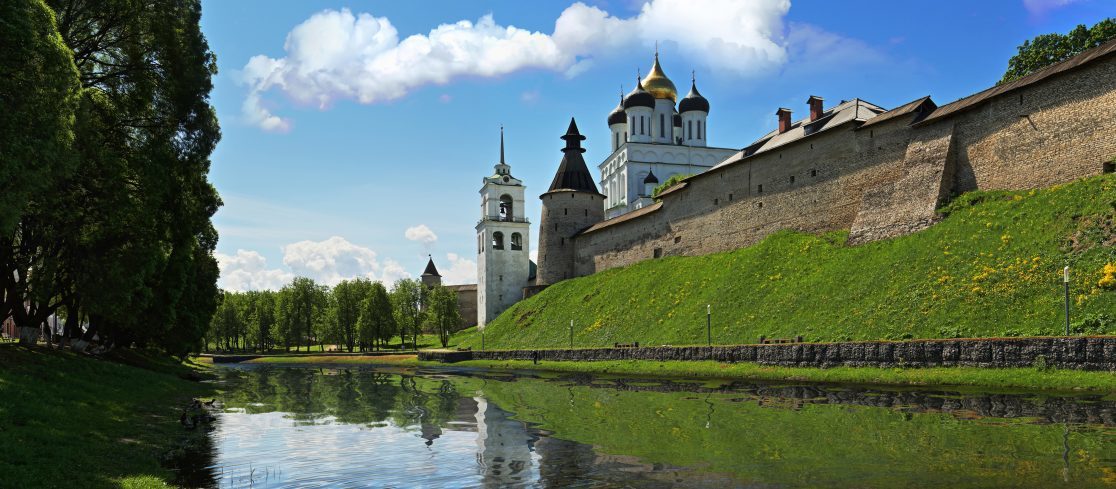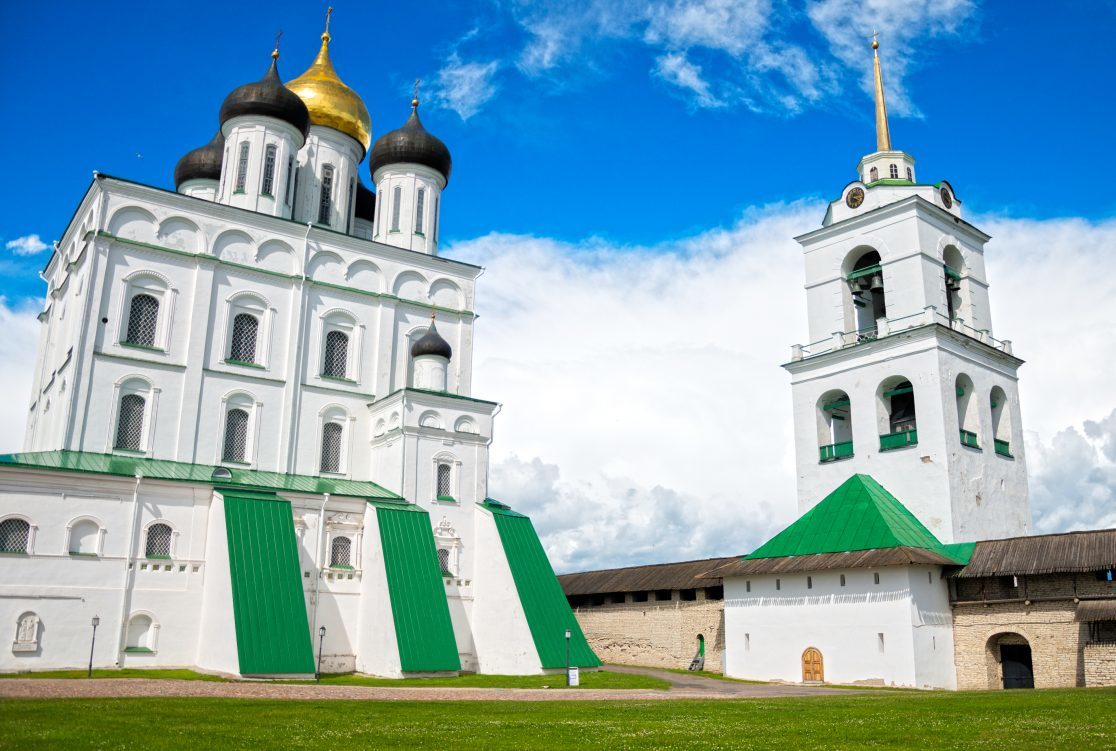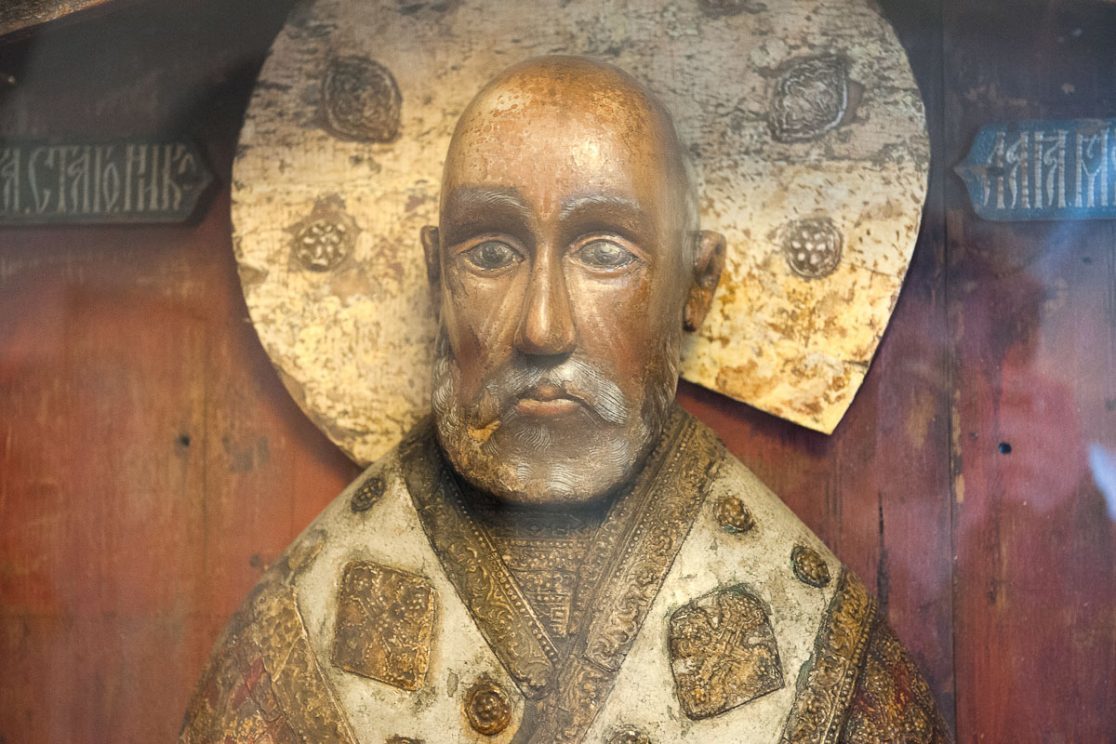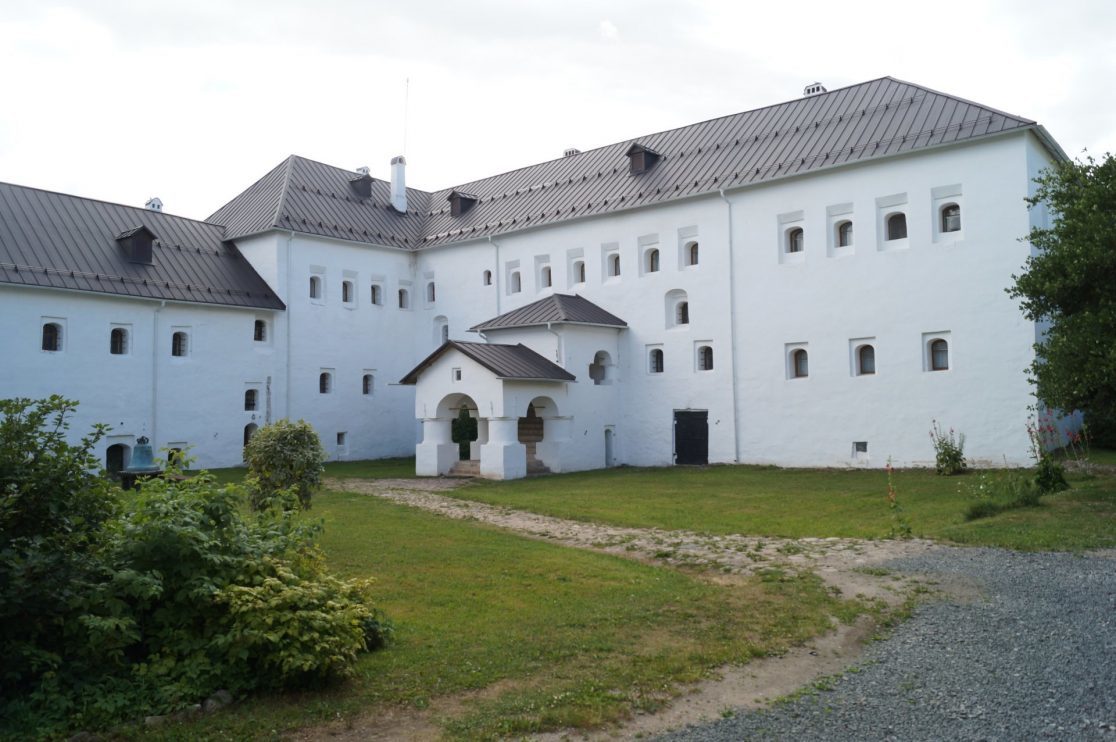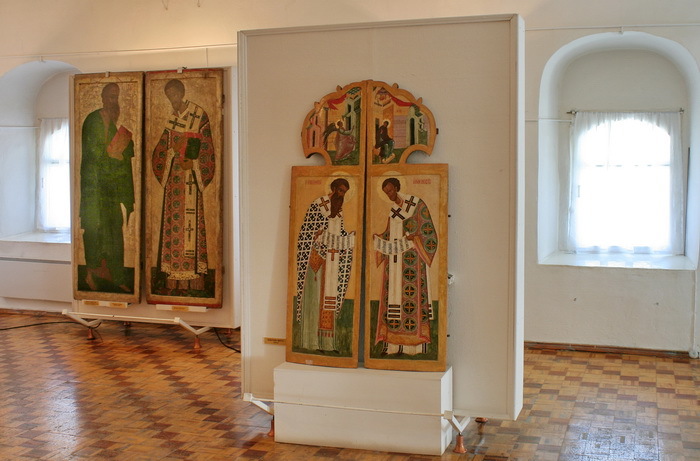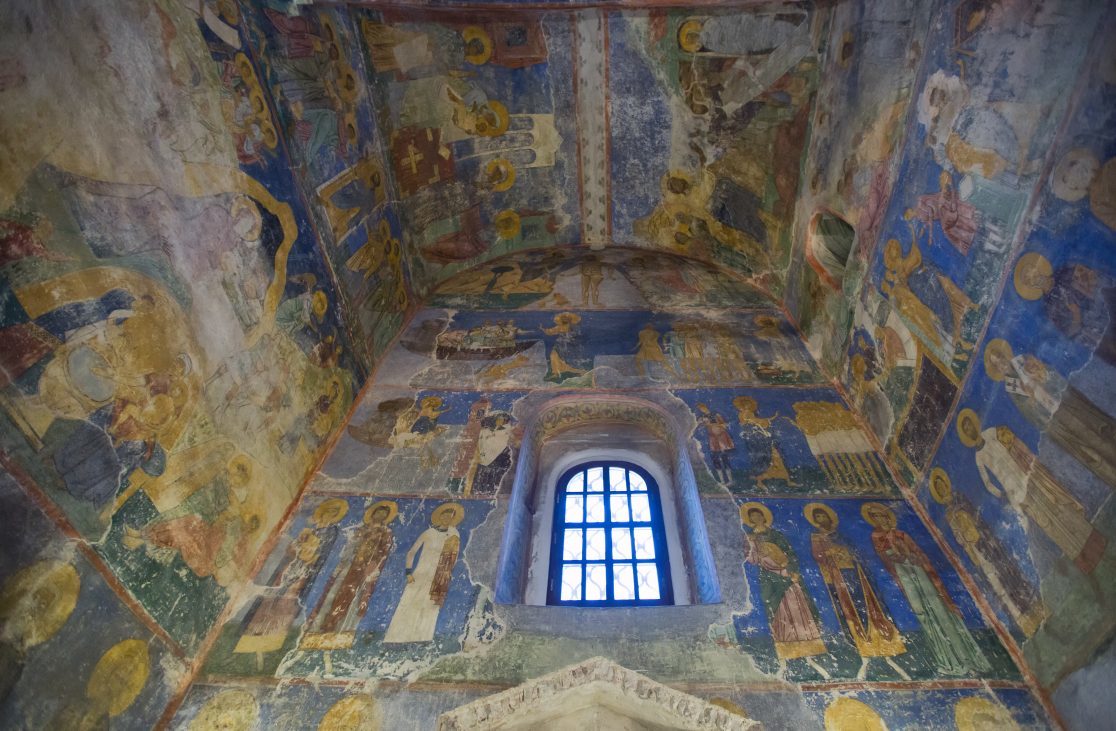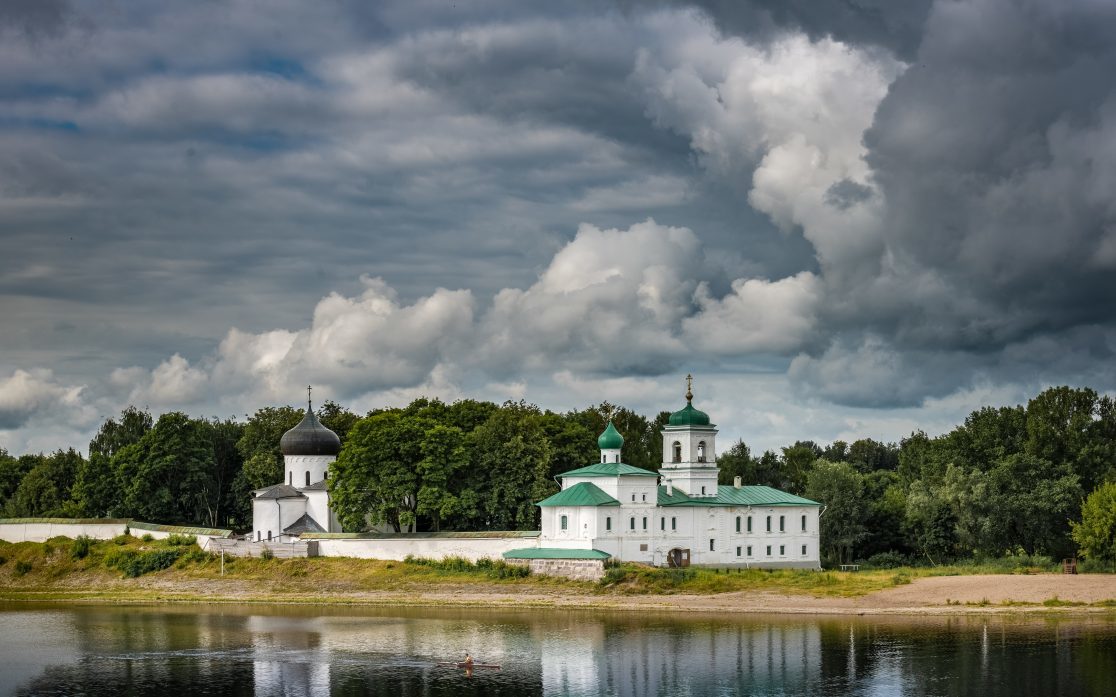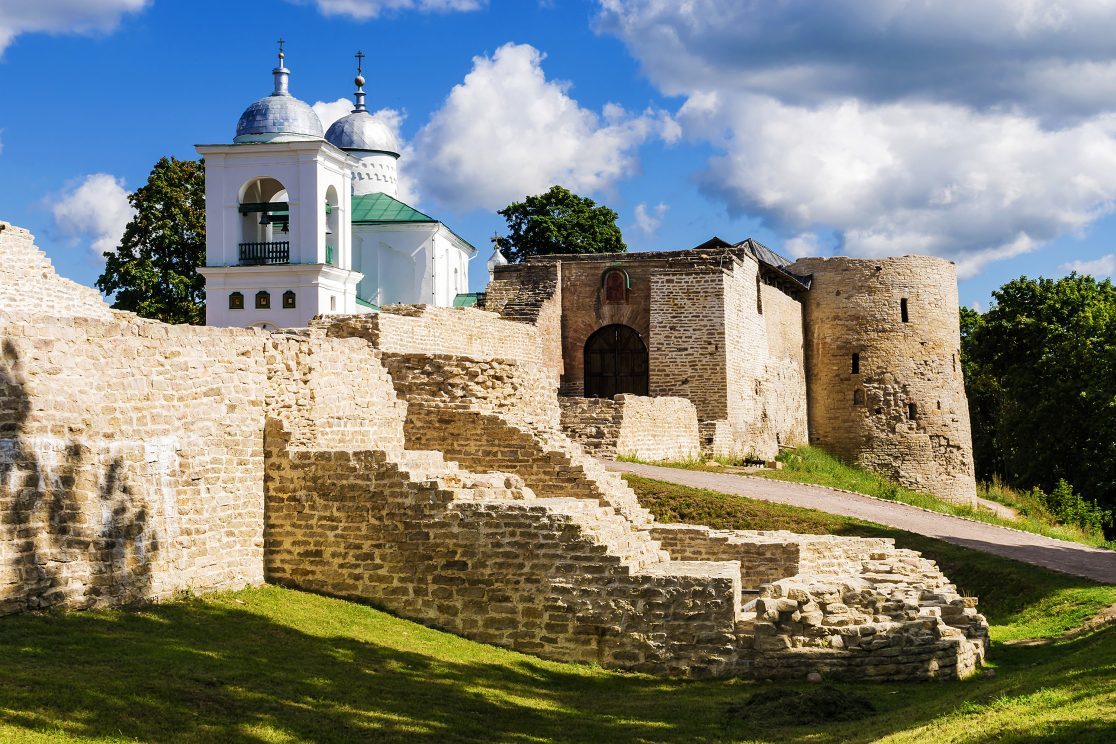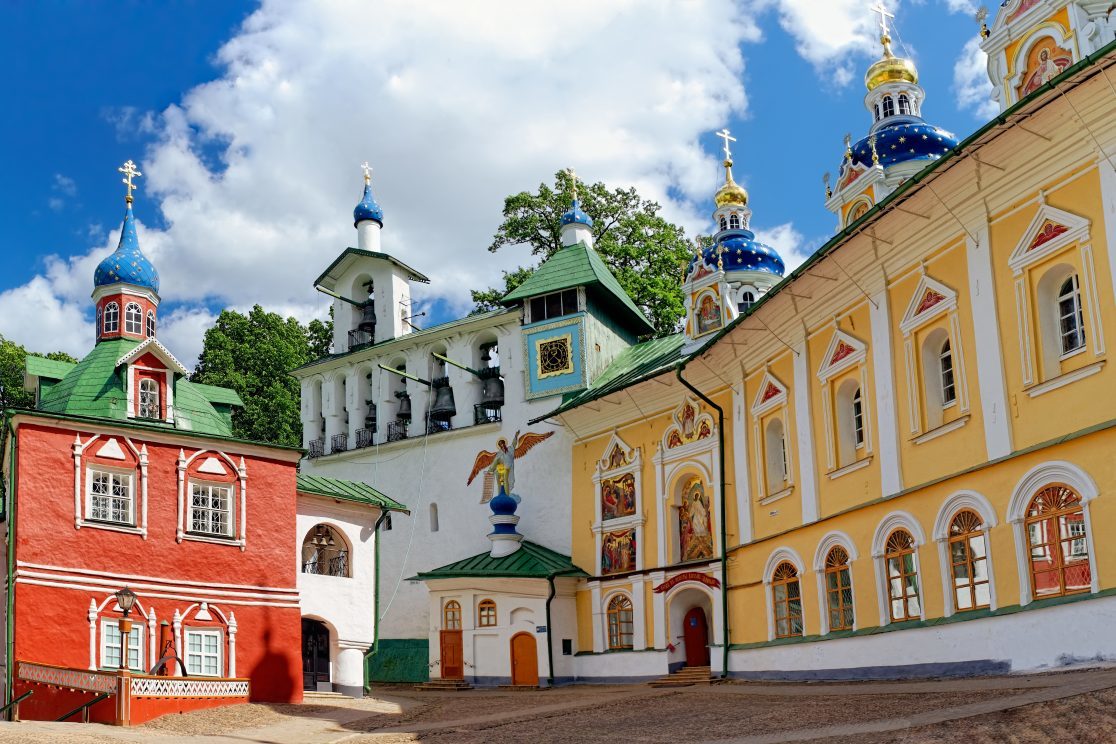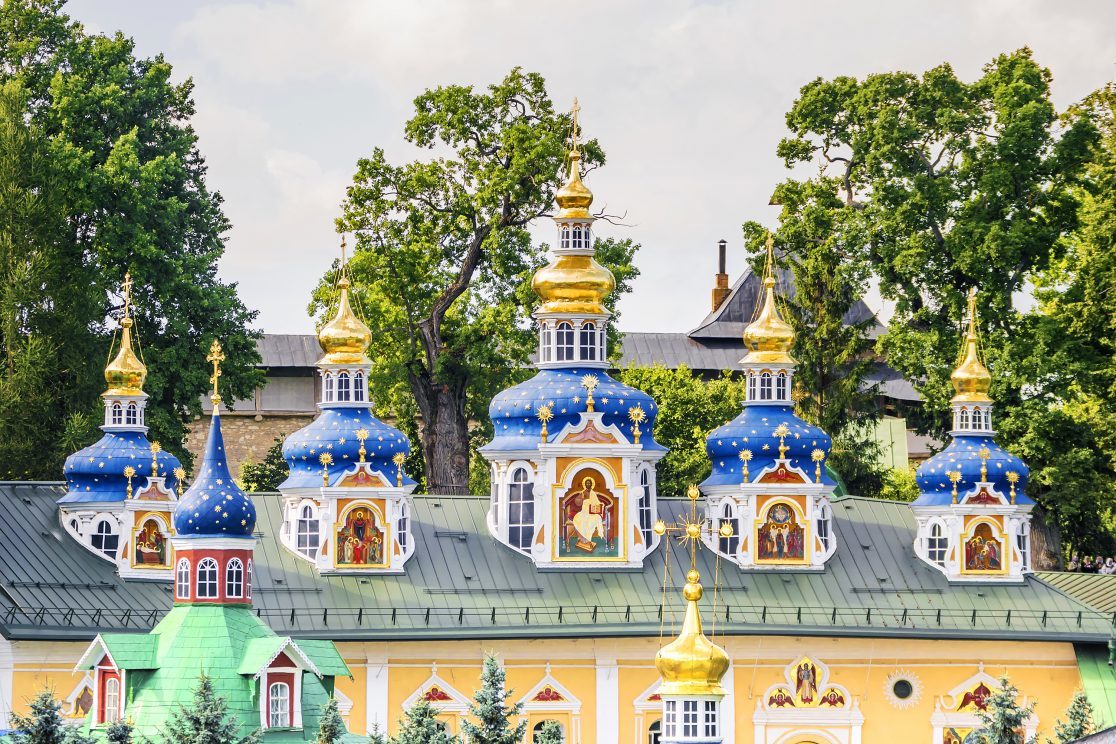Pskov
Pskov lies in the north-west of Russia, on the border with Estonia, 280 km away from St.Petersburg, 352 km from Tallinn, and 308 km from Riga. We offer you to have a pleasant walk there and to enjoy its history. From time immemorial, Pskov was the guardian and protector of the Russian land. Pskov is one of the oldest cities of Russia, first mentioned in chronicles in 903, and was founded as they say by Grand Princes Olga, the first Russian Christian woman. It celebrated its 1100 anniversary in 2003. It was the strongest fortress on the western border of Russia. This fortress stands on a long, rocky promontory between the Pskova and Velikaya rivers. Those, who once came to Pskov bringing war and devastation, saw the invincible might of the fortress walls, the unshakable strength of Pskov. Foreign commercial relations were of great importance for Pskov. Silver Arab drachma appeared in Pskov already in the 9th -10th centuries, and West European money came to Pskov in the 11th to 12th centuries. The Pskovites exported furs, wax, honey, tar, flax, leather, fat and grain and imported salt, herring, expensive cloth, wine and fruits, paper, non-ferrous metals. In the beginning of the 18th century, after Russian Tsar Peter the Great had captured Estonia and Latvia, Pskov’s role as the border citadel of Russia ended. So the importance of the city reduced greatly. Pskov, although it is a small city, has a rich cultural heritage, which is evident from vast number of ancient monuments, monasteries, churches and forts around Pskov. The earliest monuments go back to the 12th century, the latest to the early 20th. Pskov suffered greatly during the 2nd World War, 1941-1944 it was occupied by German forces. Pskov and his defenders covered themselves with everlasting glory of fearless fighters. By the Decree of the President in 2009 Pskov was awarded the honorary title of «City of Military Glory.»
